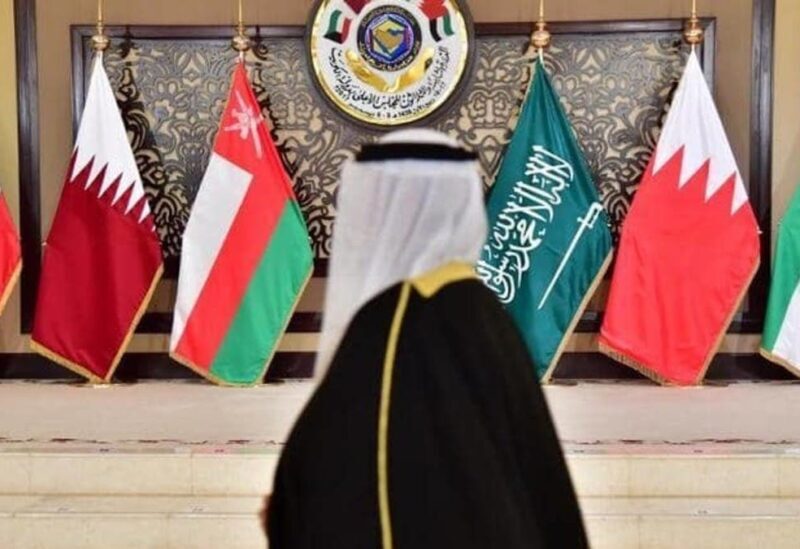
Gulf countries
The return of the Saudi ambassadors in Beirut, Walid Al-Bukhari and the Kuwaiti, Abdel-Al Al-Qena’i, constitutes a major Gulf initiative towards Lebanon, which is supposed to seize this opportunity to correct the course of relations with its Arab brothers, and restore balances to its foreign policy, and to political action at the internal level, as it re-crystallizes serious relations with Arabs, according to prominent Lebanese government sources to “Sawt Beirut International”.
The return of the Saudi ambassadors in Beirut, Walid Al-Bukhari and the Kuwaiti, Abdel-Al Al-Qena’i, constitutes a major Gulf initiative towards Lebanon, which is supposed to seize this opportunity to correct the course of relations with its Arab brothers, and restore balances to its foreign policy, and to political action at the internal level, as it re-crystallizes serious relations with Arabs, according to prominent Lebanese government sources to “Sawt Beirut International”.
The sources noted to “Sawt Beirut International” that the timing of the return comes in terms of its importance and connotations, to precede many Lebanese benefits, foremost of which are:
– Showing interest in Lebanon and not abandoning it to its fate at a time when Lebanon is still required to implement the pledges Prime Minister Najib Mikati spoke about stopping security, military, media and political activities affecting the Gulf, and for Lebanon to be an active Arab element, not a platform to attack Arab countries or manipulate their stability or exporting contraband to it. The Kuwaiti initiative is essential to what is required of Lebanon, with the Arabs well aware that a favorable international-regional environment must exist for its full implementation.
– The return of the Saudi and Kuwaiti ambassadors is on the cusp of the parliamentary elections, and five months later, the presidential elections will follow. Therefore, the Arabs will not leave a void in paying attention to the two merits, as they have always counted on them to recover Lebanon from Iranian hegemony. They will work to keep pace with these two entitlements, and coordinate with the leadership in their countries on the developments in the Lebanese situation.
– The international-Iranian atmosphere tends to be positive, especially if the nuclear agreement is signed without US concessions that have dangerous effects on the Gulf situation. The Arabs believe, according to the sources, that a Western decision was taken with tacit European approval not to be hostile to Iran, and that Western countries will not launch a regional war for the sake of the Gulf and the Arabs. After the US-Israeli Gulf summits, and in light of nearly a year of Saudi-Iranian negotiations, the Arab countries realized that any developments that the political scene in the region would end up with will throw their weight on Lebanon, which these countries do not accept to turn to the Yemeni situation as a way to implement international resolutions .
In addition, the Yemeni situation is now witnessing a truce that may last, and contacts around it may lead to a peaceful solution to the conflict. There is no doubt that signing the nuclear deal will create a new atmosphere in the region that will pressure the West, which does not want confrontation with Iran, in the direction of Iran playing a positive role in the issues raised, including the Lebanese one. The Iranian performance will be indicated by the way Iran’s allies approach the return of the Gulf ambassadors and the symbolism they carry with regard to restoring confidence in Lebanon, its future and its economy, and preventing a change in its nature and its free economy.